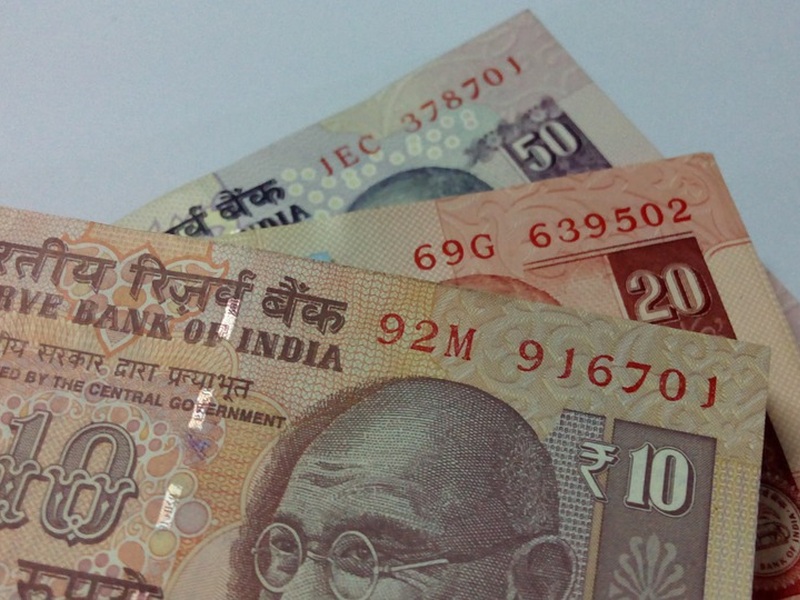Unified Payments Interface Launched: Here's Your 10-Point Cheatsheet

On Monday, the National Payments Corporation of India (NPCI) launched the much awaited Unified Payments Interface (UPI). It's being hailed by many as one of the biggest changes to take place in the financial sector, but what is the UPI, and what does it mean to you? Here's a quick guide to everything you need to know about the UPI:
- The UPI is a system for instant, online bank payments.
- To send money to someone, you need to know only their UPI ID - a virtual identity like an email address. This could be your name, or your phone number, so for example, if your phone number is 1234567890, then your virtual address could be 1234567890@sbi (if your bank is SBI) or 1234567890@axis (if you're an Axis bank customer), and so on.
- UPI eliminates the need of knowing the recipient's name, their bank account number, and IFSC code (or bank branch).
- UPI is built on top of the IMPS, which you may have used to transfer money between bank account. Like IMPS, UPI is immediate, and works 24x7, through the year, unlike NEFT or RTGS services, which have specific working hours.
- The UPI can also be used for shopping online - instead of entering your debit card number, expiry date, and CVV code, followed by waiting for the OTP, you'd just enter your UPI ID, and get an alert on your phone to verify the transaction.
- Because it's using the phone to verify transactions, UPI is secure - someone else can't just enter your ID and spend your money.
- Anyone can also use the UPI to send a request for money, like an invoice. This means that anyone could become a merchant, and take payment for any goods or services from your account to their account.
- According to AP Hota, MD and CEO NPCI, 29 banks have already agreed to provide UPI services, and he expects the number to increase further this year.
- "Our focus is in line with RBI's vision of migrating towards a 'less-cash' and more digital society," Hota added.
- "UPI will make payment systems fully interoperable across all players without having silos and closed systems, by enabling one-click for two-factor authentication," said Vivek Belgavi, Leader Financial Services Technology PwC India.
No comments:
Post a Comment